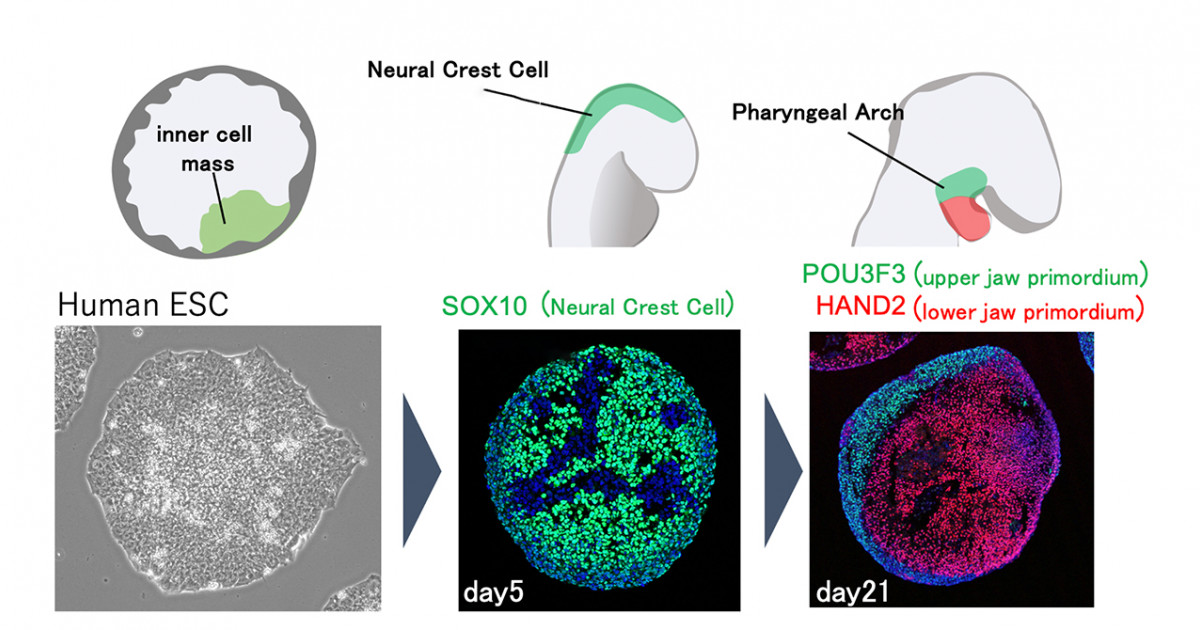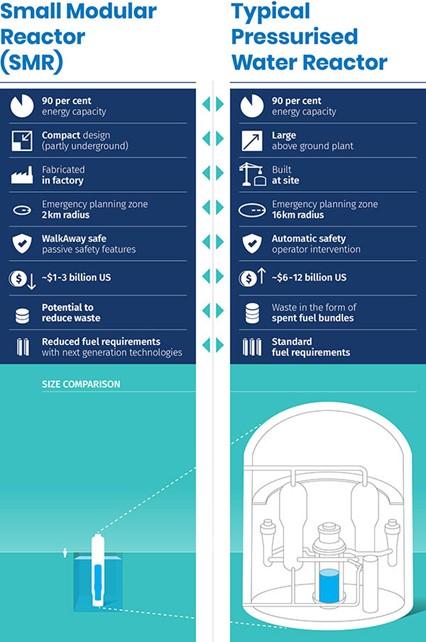
Thirteen new Aboriginal communities are to receive essential infrastructure and service upgrades as part of the NSW Government’s $109 million Roads to Home Program.
Minister for Planning and Minister for Homes Anthony Roberts said the program, which now supports 34 communities throughout NSW, will provide crucial road reserve upgrades, improving connectivity and quality of life for residents.
“Since I launched the Roads to Home Program in 2019 we have already seen the Government invest $75 million in 21 Aboriginal communities, allowing for essential road upgrades as far afield as Bowraville, Gulargambone and Walgett,” Minister Roberts said.
“Well built and maintained roads for these communities not only improve connectivity, they also bring better access to essential services such as waste collection, postal delivery, emergency vehicle access and community transport.
“The program has also directly benefited residents through our partnership with TAFE NSW which has allowed locals to gain nationally recognised skills and gain employment on road upgrade projects.”
The 13 new communities include Figtree and New Burnt Bridge in Kempsey, Mehi Village in Moree, and Weilmoringle near Brewarrina.
Minister for Aboriginal Affairs Ben Franklin said the Roads to Home program is a fantastic initiative from the NSW Government that provides quality infrastructure for Aboriginal communities across the state.
“Whether you live in Mosman or Moree, everyone across the state deserves access to safe and reliable roads and services,” Mr Franklin said.
“The program is ensuring that some of our most remote Aboriginal communities in NSW can stay safely connected to family, friends and essential services.”
NSW Aboriginal Land Council (NSWLALC) Chairperson Danny Chapman said they have worked closely with the government since the inception of the program and have been essential to the program’s success.
“The benefits of consulting and working with community-controlled Aboriginal organisations and communities are enormous, as we can see by the Program’s accomplishments in Gulargambone and Bowraville to date,” Mr Chapman said.
Our people are entitled to and expect properly maintained essential infrastructure that mainstream communities regard as the norm and are committed to successful partnerships like Roads to Home, that will deliver those services,” he said.
Details on the Roads to Home Program and the full list of participating communities can be found on the Roads to Home web page.







